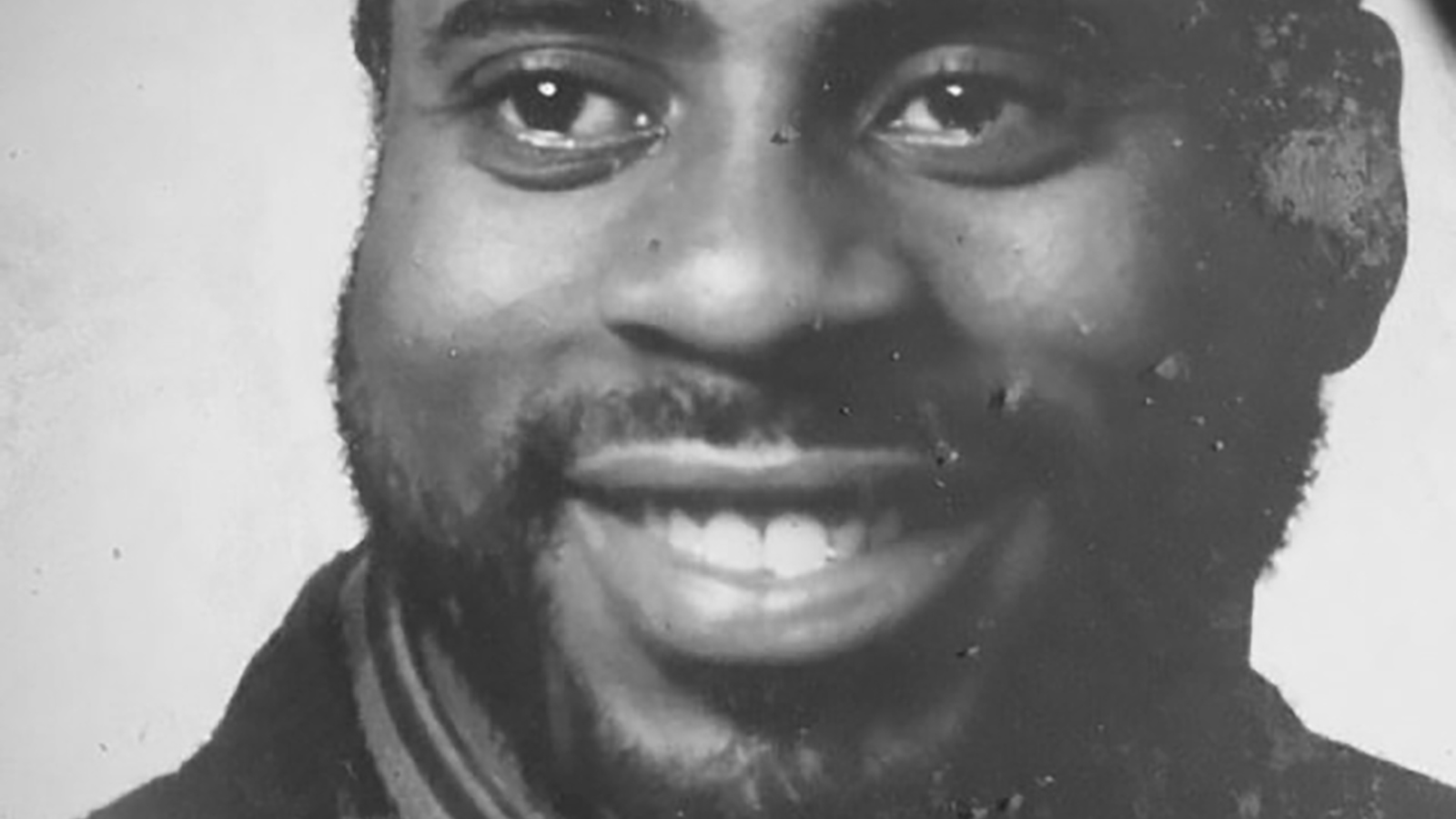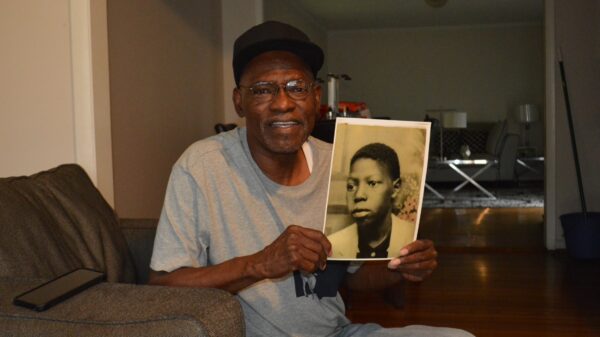For the better part of an hour on Wednesday morning, Black members of the Alabama Senate’s County and Municipal Government Committee offered up examples and explanations for why a bill banning diversity, inclusion and equity was personally hurtful to them and potentially harmful to thousands of others in the future.
Sen. Merika Coleman provided descriptive examples, naming names and providing unique experiences dealing with people at the highest levels of state government who unwittingly said hurtful and offensive things. All of whom, Coleman noted, admitted their ignorance in real time and could have benefitted from DEI training.
Sen. Kirk Hatcher was near tears and admitted he’s considered resigning from the Senate over this bill, and others crafted with similar hurtful intent, that seemingly are borne from the guilt of white people who refuse to acknowledge the role past sins have played on current day realities. He could barely look at the bill’s sponsor, Sen. Will Barfoot, who Hatcher called a friend.
Sen. Linda Coleman-Madison went through a laundry list of examples of how the legislation could upend important advancements in racial parity and how the bill could negatively impact Alabama’s ability to attract foreign and global companies – many of which embrace the concepts of DEI.
This was all after Jerome Dees, the policy director for the Southern Poverty Law Center, spent a solid four minutes ripping specific portions of the bill to absolute legal shreds, and shining a light on the multitude of ways it would have a devastating impact on multiple professional educators.
None of it made the slightest bit of difference. The seven white dudes on the committee passed it, 7-3.
It was not surprising, nor was it unexpected. Because there is no greater threat to mediocre white people than programs that strive for true equality and a better understanding of the American experience for people who don’t look like you.
Why, if we did those things, the kids might start to ask some tough questions. They might start to put two and two together about the racial discrimination and the abundance of poverty among minorities. They might start valuing the inclusion of diverse voices and realizing the benefit of better understanding those around us.
Boy, if that happens we might not end up with a bunch of white guys you wouldn’t trust to water your plants while you’re on vacation running the state legislature. Could you imagine? Competent and empathetic lawmakers who valued and understand the long history of this country and the many ways that racism and segregation and inequality have shaped this country, state, economy and our justice system.
If that were the case, I’d bet the attorney general of this state – while this committee meeting was happening – wouldn’t be down the street crafting a press release to announce his decision to overturn the decision of a jury and let a white cop who killed a Black man out of prison. A statement in which the AG essentially apologized to the white cop for the state locking him up.
Maybe there would be some recognition somewhere – as Toforest Johnson and several other obviously innocent Black men languish on Alabama’s death row – that allowing Aaron Cody Smith, a former Montgomery cop, to walk away from a 14-year manslaughter conviction after serving less than two years is more than just a slap in the face to the family of Gregory Gunn, the man Smith shot outside of the home he shared with his mother.
If we didn’t need DEI in this state, there would be some understanding of just how utterly racist and cruelly twisted that is.
If we didn’t need DEI, there would be an understanding within the AG’s office and in the halls of the State House that Greg Gunn’s life has value. That his family misses him. That he deserves the same protections under the law and shares the same constitutional rights as all of us white people.
But Gunn and his family won’t experience that. Instead, they were subjected to what a lack of equity in government looks like. From the four-year wait for the trial. To moving that trial from Montgomery to a majority-white county (an absolute deviation from standard practices of at least trying to match county demographics). To selecting a jury made up of nine white men.
And even after that jury of real people, weighing only facts and leaving race out of the equation, convicted Smith of manslaughter – ruling he wrongfully acted to take Gunn’s life – that biased system kept on churning. Smith was granted an appeals bond – a grant so rare in a manslaughter case that a 30-year DA said he’d never even heard of it. And even after that appeal was denied, authorities took their time picking Smith up and returning him to prison.
And here we are today, with Smith on the verge of walking free. Granted a get-out-of-jail card by the state AG after serving just a year and nine months. For killing a man who was banging on his neighbor’s door, screaming for help and trying to run away to his own house.
It didn’t matter that the jury spoke. That the judge issued a fair and correct sentence. That the incredible onslaught of motions and hearings prior to the trial made it impossible that Smith didn’t receive a fair trial.
No, the reason Aaron Cody Smith is out of prison today is because in this state a Black life matters considerably less.
But, shhh, don’t tell anyone. Barfoot’s bill might get you fired.


















































